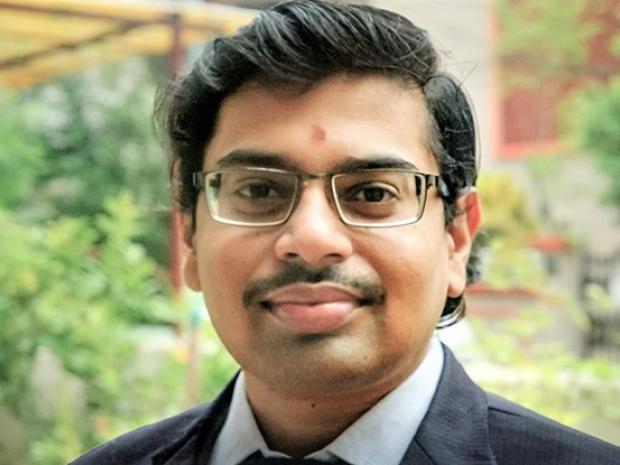Building the Infinite Brain

Speaker
Raghavendra Pothukuchi
Associate Research Scientist, Yale University
Title
"Building the Infinite Brain"
Abstract
Interfacing brains and computers helps advance our understanding of the brain and mind, treat their disorders, and when combined with artificial cognitive frameworks, can push the frontier of human ability. Realizing this goal requires new computer architectures—both close to the brain to process and stimulate neural activity, and far from the brain, to run more complex cognitive frameworks, working together. In this talk, I will present my research on the first distributed brain-computer interfacing architecture, SCALO, which processes neural activity from multiple regions of the brain in real time, while being safe for implantation. SCALO is a template for distributed multi-accelerator systems that must meet extreme design constraints. I will also describe the research into accelerating computationally hard models of human cognition, how this might require leveraging novel accelerators like quantum computers, and outline an end-to-end design connecting these with brain interfaces. Meeting the challenging constraints of brain interfacing and complex cognitive modeling required novel system design, leading to fundamental contributions to computer architecture, and sparking a virtuous cycle of innovation between computer architecture and the brain sciences.
About Speaker
Raghavendra (Raghav) Pothukuchi is an Associate Research Scientist at Yale University. He is an NSF/CRA Computing Innovation Fellow with Profs. Abhishek Bhattacharjee and Jonathan D. Cohen (Princeton, neuroscience). He received his Ph. D. in Computer Science (CS) from the University of Illinois at Urbana-Champaign (UIUC) with Prof. Josep Torrellas. His research is on brain-computer interfaces, quantum and classical frameworks to accelerate cognitive models, and biologically inspired computer architectures. He also has interdisciplinary work on building intelligent and secure computer systems using control theory and machine learning. Raghav has been selected as a young researcher at the Heidelberg Laureate Forum, rising star in computer architecture, and his work has been recognized with a best paper award at ISCA, two IEEE Micro Top Picks selection, a best paper nomination at PACT, and other honors.

